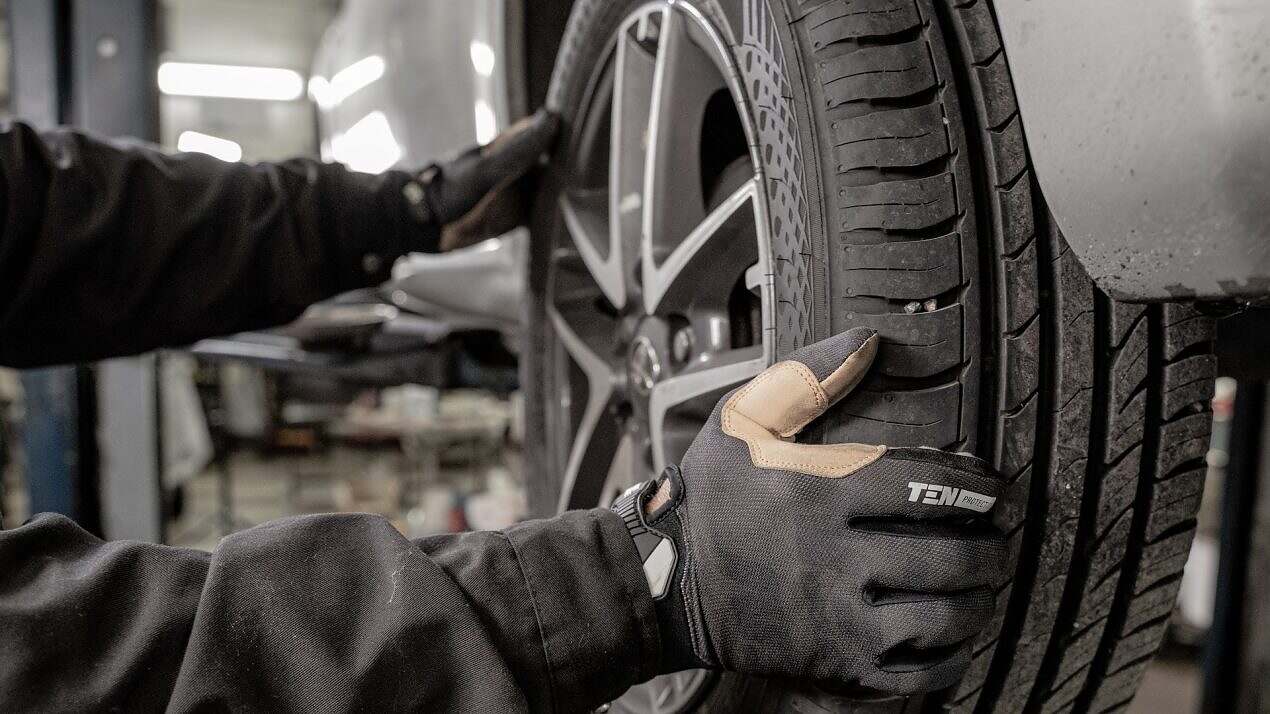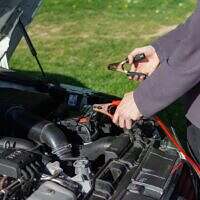
Tire rotation is a critical maintenance task that ensures the even wear of your vehicle’s tires. It involves changing the positions of the tires on the vehicle (could be two wheels or all four) – for example, moving the front tires to the rear and the rear tires to the front.
Tire rotation is important for the following reasons:
- Even Tire Wear: Each tire on a vehicle wears differently depending on its position. Front tires, for instance, wear faster than rear ones because they handle most of the steering and a significant portion of the braking. Rotating tires helps distribute the wear more evenly among all four tires, extending their life.
- Improved Performance and Safety: Evenly worn tires provide better balance and handling, which can improve the safety and performance of the vehicle. It ensures that all tires maintain optimal traction, which is especially important in adverse weather conditions.
- Cost Savings: By extending the overall life of your tires through rotation, you delay the need for replacement. Since tires are a significant expense, regular rotation can lead to considerable savings over time.
- Warranty Requirements: Some tire warranties require regular rotation to remain valid. Failing to rotate your tires as recommended could void your warranty, leaving you uncovered in case of tire failure.
When to Rotate Tires
The general recommendation for tire rotation is every 5,000 to 8,000 miles, but this can vary based on the vehicle manufacturer’s guidelines, tire type, and driving habits. Some signs that your tires need rotation include noticeable differences in wear between tires, vibration at certain speeds, and decrease in traction or handling performance.
It’s a good practice to check your vehicle’s owner manual or consult with a tire professional for the recommended rotation schedule specific to your vehicle and tire type. Regularly rotating your tires as part of your vehicle’s maintenance routine ensures they wear evenly, which can extend their life, improve vehicle safety and performance, and save money in the long run.


